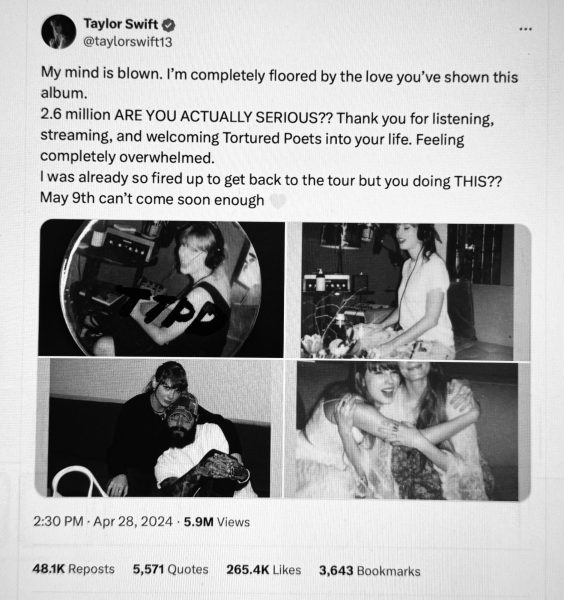Letter to editor
Cheating
Over the last few years on this university, the culture of cheating and its gradual embrace from both our school and society has become apparent to me.
…
The education system has changed the dynamic on how one views knowledge and learning. Wasn’t the purpose of education to broaden the mind and crush the ignorance that lies in the soul of man? To transcend past mistakes and find meaning and explain our world in which we live in?
Instead, we find that education has been squandered to work within certain parameters, thereby hindering creativity and questioning. Students no longer come to a course asking, “What is it about this subject that will change my outlook in the world” or, “How will I grow as a person?”
Instead the questioning has become more objective as in, “How much effort do I have to put in this class to get a good grade?” The change in the question impedes the student on making an emotional connection that education should provide.
…
We are all familiar with the quote, “It takes a community to raise a child” can we go as far to say that, “It takes a community to educate a child”? Instead we see the exact opposite going on. Students pinned against one another for spots in grad schools, future job opportunities and scholarships. Education has become a competition, and like most competition, there is an aspect of cheating.
When the students’ mindset is to get good grades in order to ensure a better chance for him or her to be successful, it would not seem too farfetched for those individuals to do anything in their power to guarantee their results. Cheating has become commonplace because it is the next level of competing. No one likes a Lance Armstrong or an Alex Rodriguez, but when the system is tainted with people like them, it is hard to resist and try to keep up at the same time.
Now, I am not stating that all successful students cheat — that would be false. However, most would agree that there is a high level of dishonestly found on this university.
Students are more concerned about what type of test questions are going to be on a test than how the material affects them. The action is to study for the test instead of the subject— this could been resourcing past tests, using others notes, using prohibited technology (certain calculators in math, for example) or just flat out looking at other people’s tests during exams.
Yet at the end of the year, many of us will walk up and receive a piece of paper that justifies that we have been educated. But in what? Has your education here changed your views or perspective in our world? Have you grown as a person from your experiences here? What have you taken away from here?
A few of you will answer that your education here did help you shape yourself into who you want to be. Others will walk out of here knowing what it takes to climb a ladder that will lead to a definite end.
What is the end in which we hope to achieve? Is it the ‘A’ in the class or the knowledge that comes with the class? We don’t listen to music or read to merely get to the end— instead we enjoy the ride in which it takes us on. How is our education any different? Instead we end up with students that are disengaged and professors that are disheartened because their subject doesn’t engross their audience. Cheating will always be a factor when the outcome is honored more that then process itself.
Austin Hoggarth
Biology & Philosophy major











